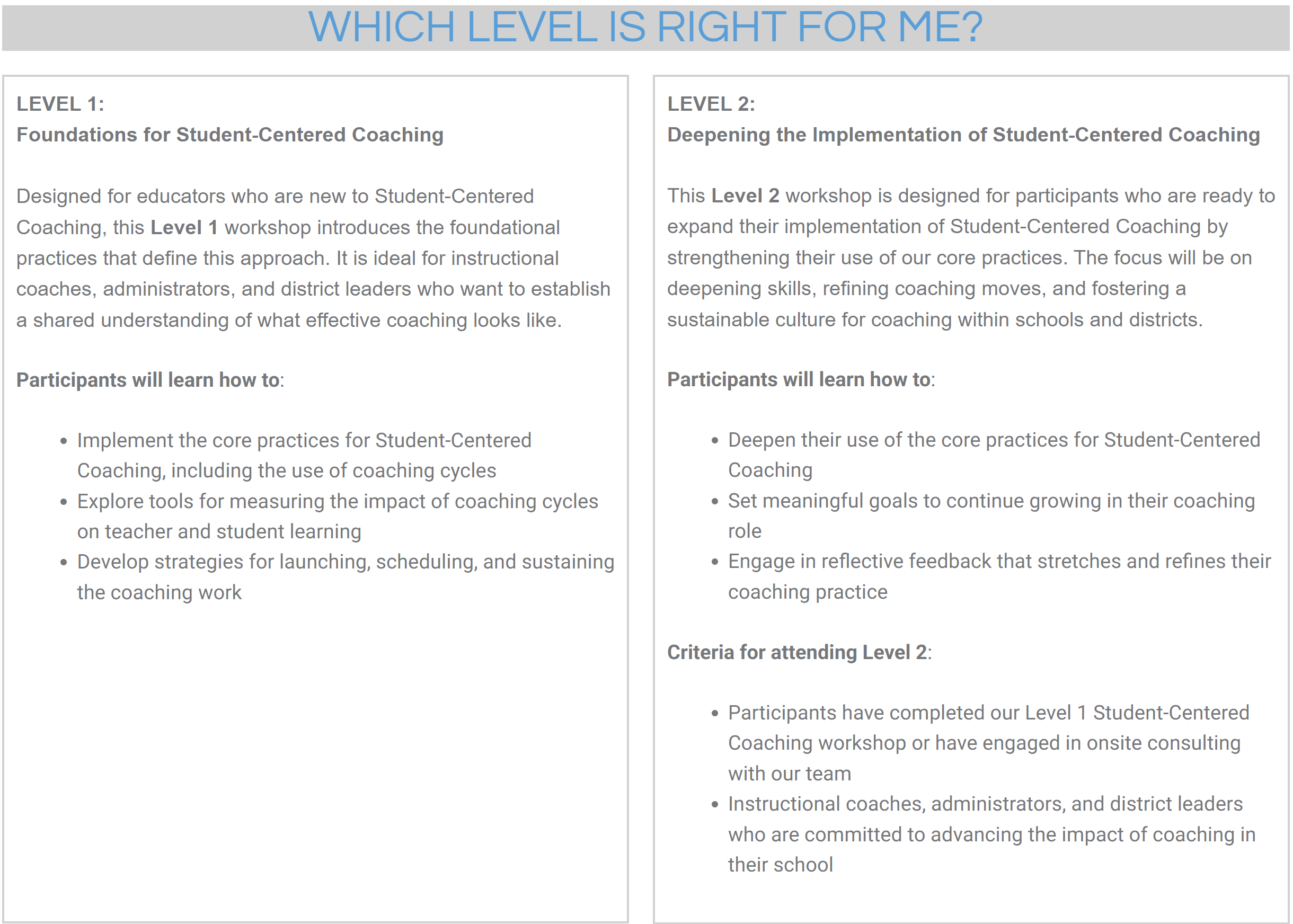As one of four Counselor Connect tactic teams, the Post-Secondary Options team is fortunate to have a dedicated group of 22 Indiana educators who, based upon statewide surveys, have the following priorities:
- Promoting College/Career Counseling Across K-12
- Employability Skills Standards
- Closing the Postsecondary Advising Knowledge Gap Among Secondary
- School Counselors
- College Awareness for Elementary
- College and Career Pathways
A common theme of the above priorities is college/career advising for counselors. The focus of this blog is to discuss why college/career advising is so important for school counselors and to provide some practical examples of how to enhance college/career advising.

Why is college/career advising so important for school counselors? As a former high school counselor many years ago, my first priority was to make sure all students on my caseload had a full schedule, stayed on track to graduate, and assisted them with personal issues as needed. For my seniors, the focus was on helping them apply to college and apply for scholarships. Although this was important for some, it wasn’t always the best fit for all seniors. The problem then was that I didn’t know any better.
Today’s high school counselor is not only expected to make sure students have a full schedule, are on track to graduate, and are supported with personal issues, but they have a need to help all students identify their best fit postsecondary opportunity, i.e., four-year college, two-year college, apprenticeship, military, or full-time employment.
Helping students find their best fit postsecondary option may be the most important role a high school counselor can play in the life of a graduate. A major priority for all high school counselors is not just to make sure the students on their caseload graduate, but they also choose the best possible postsecondary option that fits their individual passions, skills, and interests. In addition, a high school counselor must also understand what the postsecondary options are in their respective communities, regions, etc.
“Helping students find their best fit postsecondary option may be the most important role a high school counselor can play in the life of a graduate.”
Matching a student’s skills, passions, and interests with his/her best postsecondary option requires a transformational approach by high school counselors and their administrators.
While the superintendent at Greater Clark County Schools from 2012-2018, our district determined postsecondary acceptance was the district’s most important metric. Once we started to measure postsecondary acceptance, the district consistently had a 98-99% success rate. Several things needed to change in order for counselors to effectively track this metric.
First, an administrative decision had to be made that high school counselors would need to have the time to thoroughly get to know their students. This required two individualized meetings each year with each student on a counselor’s caseload. Ultimately, to give counselors more time to meet with students, administrators had to re-prioritize the counselor role so they had fewer quasi-administrative tasks.
In meeting with their students more frequently, counselors had to focus on truly knowing their students skills, interests, and passions. It was important for counselors to understand each student’s family and financial backgrounds, as well, in order to help students identify their best fit postsecondary option.
“In meeting with their students more frequently, counselors had to focus on truly knowing their students skills, interests, and passions.”
Second, counselors had to be given the opportunity to know regional talent needs and be given exposure to specific college and organizational options. Two specific strategies implemented were community tours and community advisory engagement.
In terms of community tours, counselors were provided with opportunities during the regular school day to go on bus tours of local businesses, organizations, and higher education institutions. Community organizations were eager to host these tours, which were critical for counselors to better understand the diverse opportunities available and the types of skills students needed to succeed in those opportunities.
Community advisory engagement was accomplished as part of the district’s efforts to create its “PRIDE” program, which was a community-wide effort to identify key employability (success) skills needed for all students to succeed in school, work, and life. Counselors were represented on an initial community advisory that consisted of nearly 100 teachers, counselors, administrators, higher education, non-profit, and business leaders.
The community advisory concept eventually evolved to a group of nearly 180 diverse internal and external community stakeholders as part of Greater Clark’s academy implementation. Academy implementation focused on the district’s portrait of a graduate and career pathways. The counselor role in these community advisories was essential for two primary reasons.

First, counselor input and feedback was extremely beneficial because they were on the front lines working with students, and community leaders needed to see the significant role they played in helping students find their best fit postsecondary opportunity. Second, counselor participation in the advisories also provided them with a community-based perspective on talent needs, which greatly enhanced their awareness and knowledge.
College/career counseling has always been an important role for high school counselors, but is even more important today. In order to help counselors succeed in this endeavor, districts have to make a concentrated effort to transform the counselor role by giving them the time to work with individual students, participate on community-based advisories, and provide them with opportunities to become more aware of post-secondary opportunities for their students.
Resources
Please login or register to claim PGPs.
Alternatively, you may use the PGP Request Form if you prefer to not register an account.




